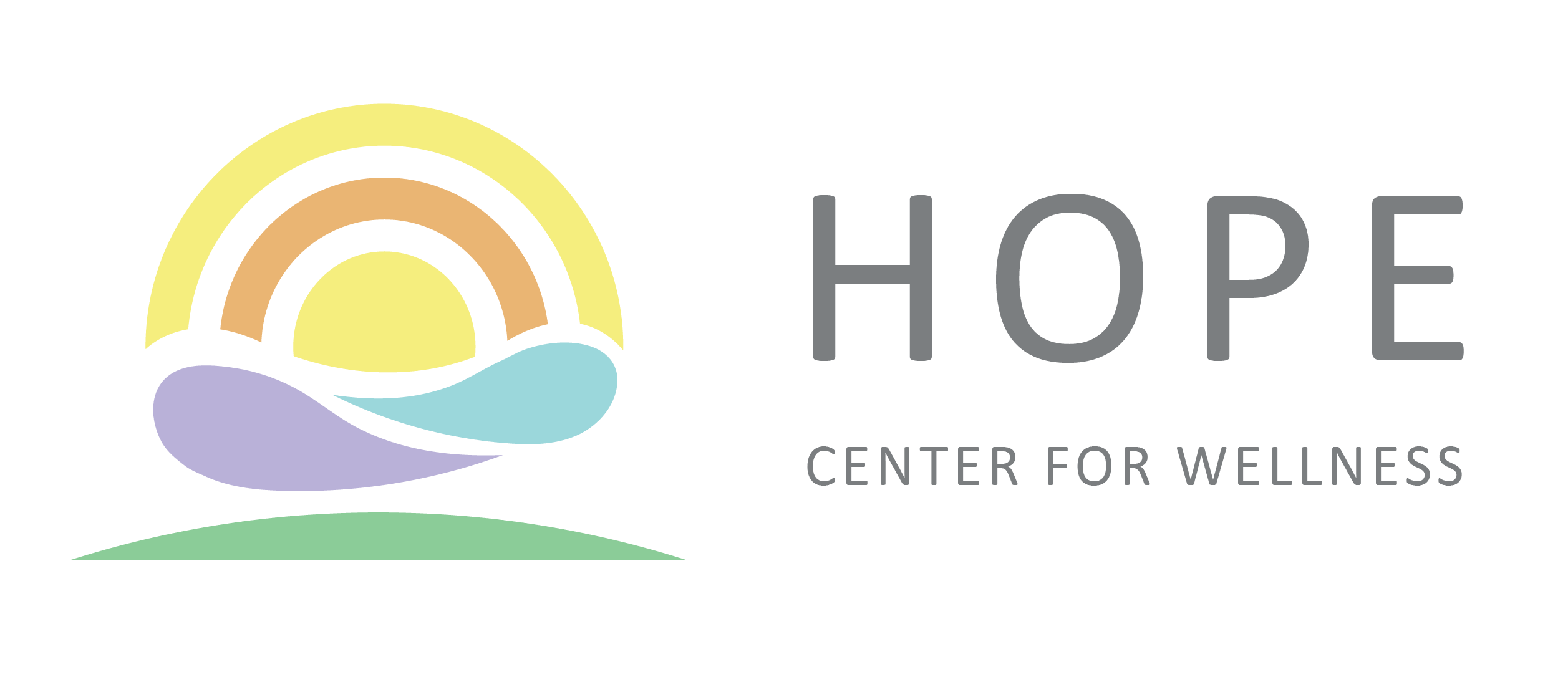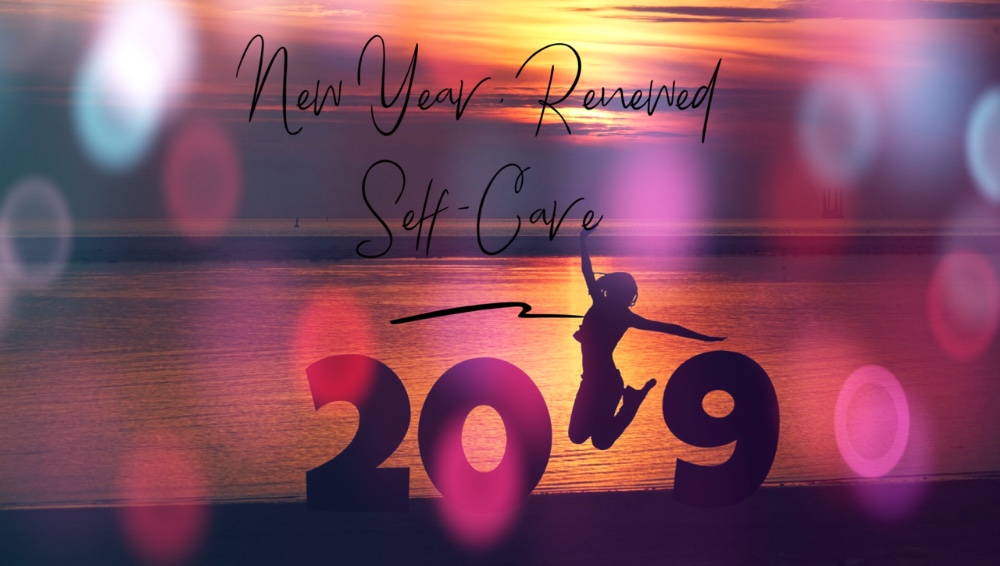It’s that time of the year, where our enthusiasm for change and newness is so vibrant that we are determined to set new goals, leave what doesn’t serve us behind and launch a fresh start.
It’s a new year! And with each new beginning, we have endless opportunities to create new narratives about ourselves and who we want to be, how we want to show up in the world and how to take care of ourselves.
As you work on finalizing your new year’s resolutions, I will share tips for self-care goals to thrive mentally, physically and spiritually in 2019. This is part 1 of a 3-part series.
1. Befriend your body. One of the most fascinating endeavors I have discovered through mindfulness is be in tune with my body and listening to when my body screams out loud. All of our bodies do that. When we are hungry, our bodies alert us to grab a bite. But our bodies do much more than that guided by our brains, our bodies send us signals before we get sick to rest, slow down, eat well, exercise, we just have to learn how to listen. This year, when you notice getting very tired, gift yourself some rest. When you notice getting cold like symptoms or feeling low, slow your pace and nurture your body by feeding it nourishing foods, resting and doing an introspective activity like reading, meditation, any other activity of your liking or simply staying still. When our bodies go on overdrive, our systems may shut down. During this shut down, we need to fuel our bodies with what it needs. Additionally, our stress and emotions can stay in our bodies, exercising (doing a movement activity) helps our bodies push out what we don’t need and activate feel good chemicals that promote happiness and wellbeing. One way to getting started on your journey to befriend your body, and listening to what its saying, is doing body scans, a mindfulness practice that helps us to notice and pay attention to our bodies, which also has an added benefit of relaxation. You can download or listen to body scans through meditation apps like Insight Timer.
2. Don’t get imprisoned in the comparison trap jail. Yes, there is such a thing as a comparison trap. We all do it. We may look at our neighbor, friend, colleague, partner or sibling and dwell on where we are in life in comparison to others. This is not necessarily done out of malice; sometimes healthy comparisons can be the little extra push someone needs to work towards a goal but it becomes problematic when we can’t find joy in what we have accomplished because of the comparison or competition of where someone else is at. The reality is that we are unique individuals, with a unique set of resources, stressors, motivators, determination and going through different journeys. One of my favorite activities to do with clients and practice myself is to identify all the things that have been accomplished so far and “despite of” ____________(whatever that barrier or situation may have been). I once worked with a client who was feeling depressed because she hadn’t met an important deadline she envisioned fulfilling. When I asked her what other things she had accomplished during the timeline she was regretful about (I asked her to list everything from little to big successes), she discovered many other amazing things she had conquered. When she focused on what she hadn’t done, it was hard for her to see the bigger picture. There may be a lot of deadlines we set for ourselves based on societal standards but something not often talked about when it comes to deadlines is when life itself gets in the way; we may end up needing to take a detour (whether we want to or not) to overcome something else. Give yourself love and credit for where you are right now.
3. Nurture and be nurtured. In a super connected and technology based world, we may be linked up virtually and in person with many people—acquaintances, colleagues, long distance friends and relatives, friends and that alone may send an illusion that we have a lot of people in our lives. But having a long list of people we may know does not equate to having meaningful connections or relationships. Studies find that meaningful connections impact our mood and mental health, helping ward off symposiums of depression, loneliness, among others, and contribute to living longer lives. One way to look at nurturing and deepening connections is thinking of the people in our lives as the top 3, 5 or 10 people you would call if there is crisis, an emergency and you needed some support. Something else to consider is thinking of the people who bring something positive in your life and vice versa. If you have thought of who they may be, prioritize those relationships and schedule one on one dates from time to time.
Tune in next Monday here for our next three tips. What self-care ideas do you have for 2019?

